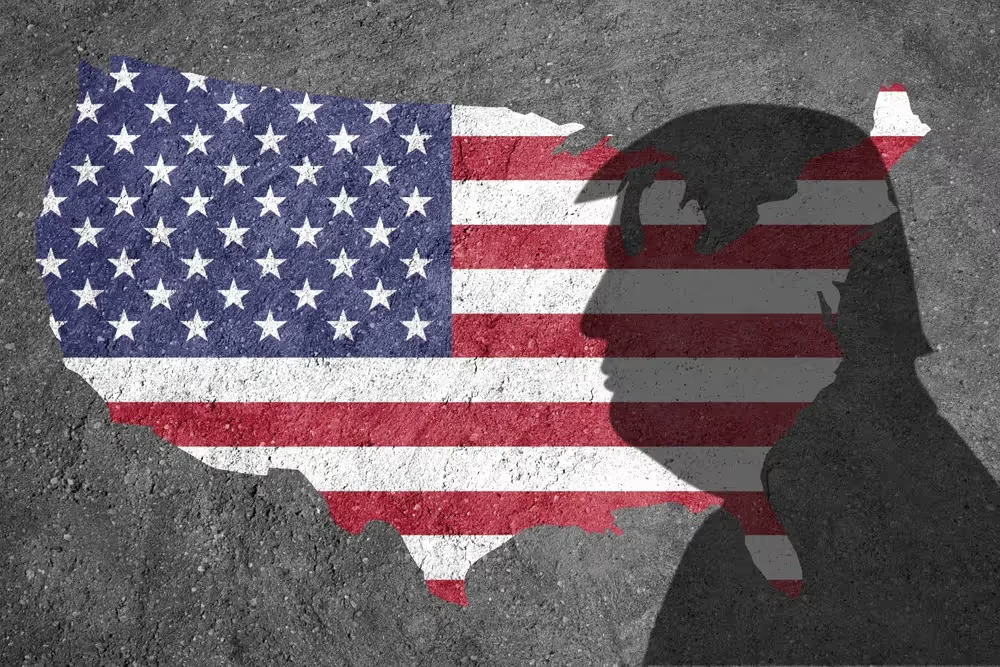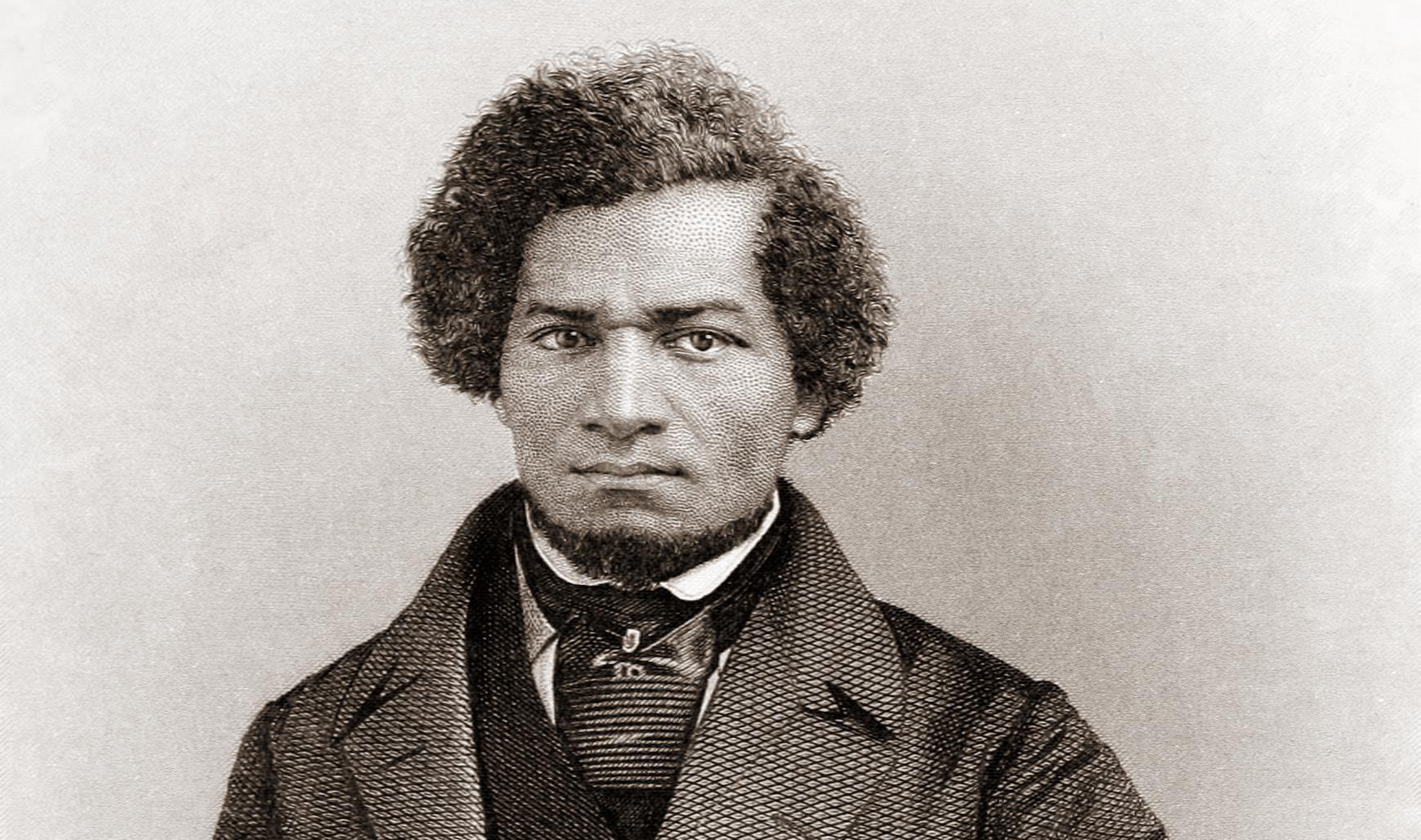
The Man Who Knew Too Little: Donald Trump on Tariffs
Trump uses dubious strategies to justify his fixation with reciprocal tariff deals.
Editor's Note: This contribution is part of Civitas Outlook's Tariff Symposium.
It is a dangerous state of affairs when any single person, however wise, is given—or seizes—control over a large portion of the world’s economy. Generally speaking, diversification of viewpoints minimizes risk. That is especially true for Trump, the master intuitivist, who is incapable of offering any theoretical explanation as to why his favored reciprocal trade agreements will advance the welfare of either the United States or of any of its trading partners. He cannot acknowledge that tariffs, like all other taxes, impose an excess burden on the economy that is only justified where they offset some greater social loss. He is also oblivious to the virtual certainty that discriminatory taxes not only slow down trade but distort the relative prices of taxed and untaxed goods. It’s no theoretical answer for Trump to say “We have been ripped off for decades by nearly every country on Earth and we will not let that happen any longer.” That senseless cri-de-coeur is utterly unable to explain the vast growth attributable to robust trade across national borders that benefits all parties. Indeed, if Trump were right about trading deficits, then the United States stands guilty of ripping off any country with whom we run a trade surplus.
Yet sadly, Trump uses dubious strategies to justify his fixation with reciprocal tariff deals.
Error number one is to look, as he does, solely at the government’s revenues paid by foreign importers to the United States, which were about $128 billion in the till as of August 7. Yet as Politico reminds us, that number has to be compared to federal income taxes that ran to $2.5 trillion in 2024. It is absurd, therefore, to claim that the tariff can replace the income tax on all individuals earning under $200,00 per year or even $150,000 per year. In addition, that tariff windfall gets still smaller when all the needed corrections are made. Thus, the tariff deals also allow our trading partners to collect tariffs from our businesses, which, according to Trump’s logic, they could not be moved toward foreign customers. It only gets worse across the board because these tariff revenues omit one key element, namely that revenues are lost to all parties when win/win transactions are blocked by high tariffs, now estimated by the Yale Budget Lab at 17.3 percent, the highest figure since 1934. The losses from these non-transactions don’t figure into any reportable index.
The situation may indeed be still worse. Trump apologists say why worry when the stock market is up and the economy looks to be in good shape. Yet that sunny response does not establish any causal relationship between the higher tariffs and the robust economy. One sign of that disconnect is that the market moves up every time an erratic Trump announces an exemption from or postponement of tariffs: on August 11, 2025, the stock market soared when Trump announced a 90-day pause on China tariffs, which was better than the decidedly mixed news in response to an earlier Trump’s 90-day negotiating delay with Mexico where he kept the 25 percent tariff in place, or when Trump places heavy tariffs on our ally India for buying oil and gas from Russia, while flirting with China. The cumulative uncertainty is itself a huge cost hovering over the market.
Yet if the tariff hikes solidify and the exemptions shrink, the risk of recession grows. In the short run, many companies have purchased in volume before the tariffs are imposed, to dampen their negative impact. But in a dynamic world, Trump, apart from hyperventilating, has no answer to the Goldman Sachs study that predicts, as we advance, American firms, their reserves exhausted, will have to pass about two-thirds of their added costs to American consumers. Here, Trump’s fundamental blunder is to ignore that trade flows between countries, like trade flows between two firms, are rarely reciprocal. The WTO favors multilateral negotiations precisely because there are few gains from trade by asking any firm, or nation, to sell to another from which it makes large purchases.
In addition, it is a mistake to assume that the stock market numbers reflect only activities related to tariffs and international trade. An economy is always a blend of multiple decisions on multiple different fronts. Thus, one unrelated negative factor is Trump’s nonstop legal attacks on the great research universities, by cutting off funding and limiting access to students and faculty, and driving away our foreign employees and customers. Probably of greater impact is the massive improvement in energy and the environment: recall that Trump, by Executive Order on January 20, 2025, began to dismantle suffocating Biden policies on fossil fuels and his unwise subsidies for wind and solar, whose environmental difficulties have spurred marked local opposition to their deployment. Elsewhere, the economy should respond favorably to Trump’s shutdown of illegal immigration at the southern border and his scaling back of DEI practices in both government, especially the military, and the private sector.
Finally, it is essential to factor in the real possibility that Trump’s misguided program will be shut down given the hostile reaction received in the Federal Circuit to Trump’s unsustainable claim that he has virtually unlimited powers under the International Emergency Economic Powers Act, or IEEPA, which says that there must be an “an unusual and extraordinary threat” to which the president “may” respond. The Federal Circuit was correct to be astonished that the sound trade policies of the past 90 years justify a worldwide imposition of tariffs, when Trump uses his broad definition to impose tariffs worldwide, without having to explain why the Swiss are hit with a tariff for no good reason at all, or why Brazilian firms should be hit with a 50 percent tariff because of Trump’s grudge match with President Luiz Inacio Lula da Silva over his prosecution of former president Jair Bolsonaro for an attempted coup d’etat. Trump’s repeated overreaching on tariff policy may knock down unwarranted adventurist activities. Stock markets also read the law reports, so perhaps the market is up because Trump’s tariffs will go down for the count.
Richard A. Epstein is a senior research fellow at the Civitas Institute. He is also the inaugural Laurence A. Tisch Professor of Law at NYU School of Law, where he serves as a Director of the Classical Liberal Institute, which he helped found in 2013.

The Start-Up Paradox: The Coming Red Shift in Innovation
Despite London's success, the future of innovation is securely in American hands for the foreseeable future.

Oren Cass's Bad Timing
Cass’s critique misses the most telling point about today’s economy: U.S. companies are on top because they consistently outcompete their global rivals.

Kevin Warsh’s Challenge to Fed Groupthink
Kevin Warsh understands the Fed’s mandate, respects its independence, and is willing to question comfortable assumptions when the evidence demands it.
Get the Civitas Outlook daily digest, plus new research and events.


.png)


.avif)



.jpeg)
